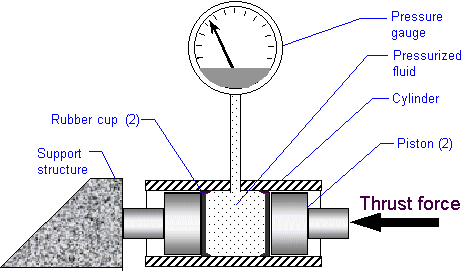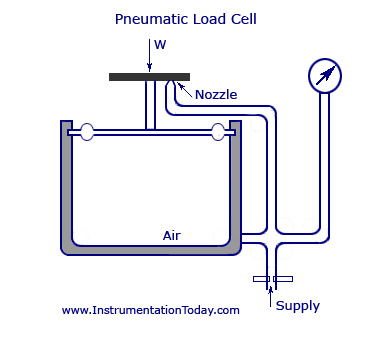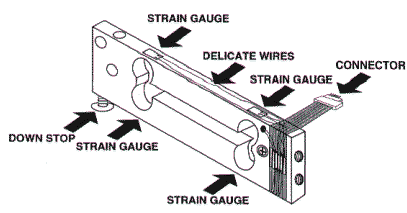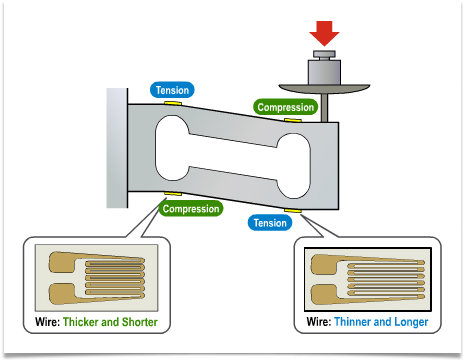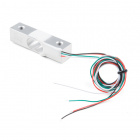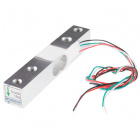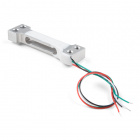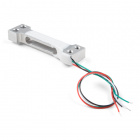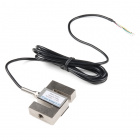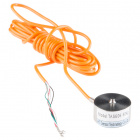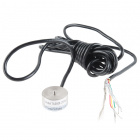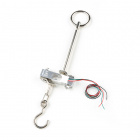Getting Started with Load Cells
Load Cell Basics
Types of Load Cells
A load cell is a physical element (or transducer if you want to be technical) that can translate pressure (force) into an electrical signal.
So what does that mean? There are three main ways a load cell can translate an applied force into a measurable reading.
Hydraulic Load Cells
Hydraulic load cells use a conventional piston and cylinder arrangement to convey a change in pressure by the movement of the piston and a diaphragm arrangement which produces a change in the pressure on a Bourdon tube connected with the load cells.
Pneumatic Load Cells
Pneumatic load cells use air pressure applied to one end of a diaphragm, and it escapes through the nozzle placed at the bottom of the load cell, which has a pressure gauge inside of the cell.
Strain Gauge Load Cells
And lastly (though there are many other less common load cell set ups), there is a strain gauge load cell, which is a mechanical element of which the force is being sensed by the deformation of a (or several) strain gauge(s) on the element.
In bar strain gauge load cells, the cell is set up in a "Z" formations so that torque is applied to the bar and the four strain gauges on the cell will measure the bending distortion, two measuring compression and two tension. When these four strain gauges are set up in a wheatstone bridge formation, it is easy to accurately measure the small changes in resistance from the strain gauges.
In this tutorial, we will be focusing on strain gauge load cells like the ones SparkFun carries:
Most strain gauge load cells work in very similar ways, but may vary in size, material, and mechanical setup, which can lead to each cell having different max loads and sensitivities that they can handle. For a few possible load cell mechanical setups, check out the hookup guide with the load cell setup.
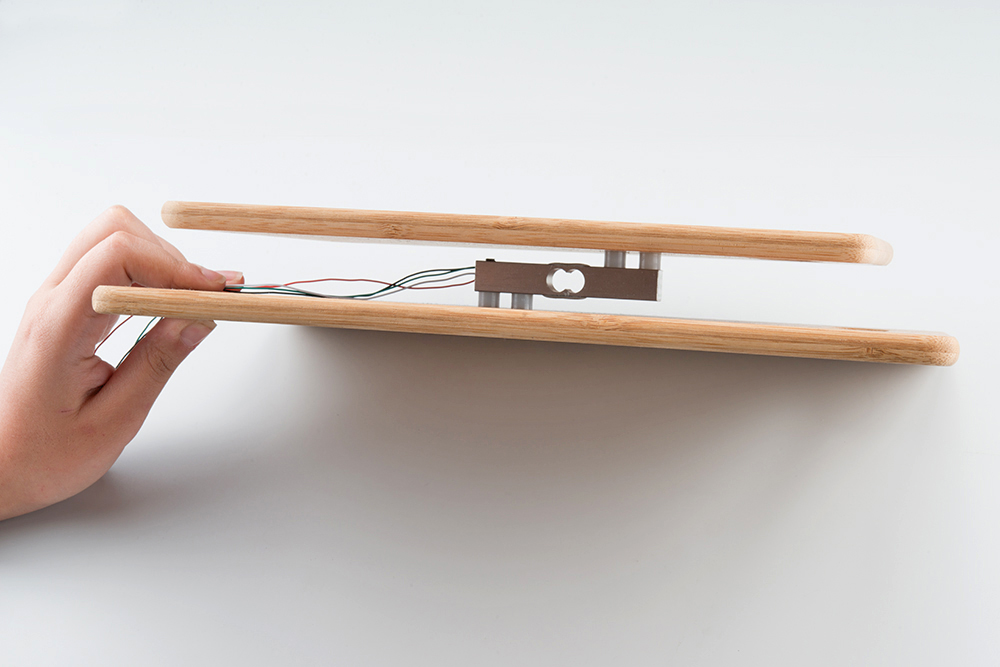 |
| One Possible Load Cell Setup with the Bar-Type Load Cell |
